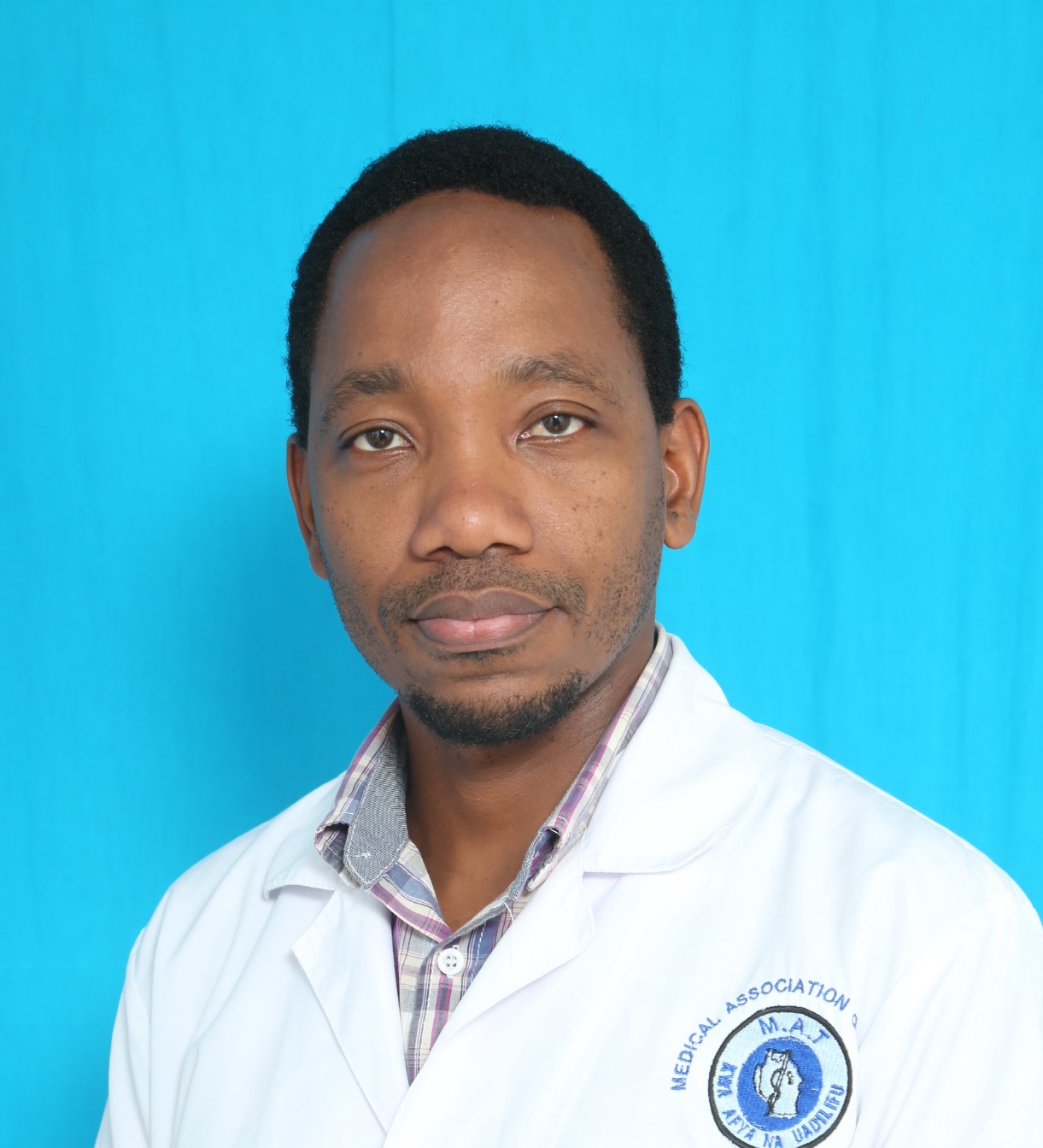Robert Moshiro defended his thesis on making births in low-income countries safer.

There are 2.6 million neonatal deaths that occur globally each year, with more than 80% of these deaths occurring in low-income countries. In Tanzania, available estimates report that approximately 40,000 newborn deaths occur each year, mainly due to intrapartumrelated causes, prematurity-related complications, and sepsis.
Researchers have found a strong association between abnormal fetal heart rate and labor-related deaths. The majority of intrapartum-related neonatal deaths can be avoided by improving care around births.
Robert Moshiro defended his doctoral dissertation in health and medicine Positive pressure ventilation at birth and potential pathways to newborn deaths in rural Tanzania at the University of Stavanger on 11 September 2020.
Newborn resuscitation practices in rural settings
Interventions that have the potential to reduce intrapartum-related neonatal deaths include foetal monitoring during labour, availability of emergency obstetric care, and newborn resuscitation at birth for non-breathing newborns. Low-income countries are faced with many challenges in providing this care, including unskilled providers and inadequate training strategies that do not support the acquirement and retention of skills in newborn resuscitation.
The overall aim of this thesis was to investigate the causes of early newborn deaths and the contribution of intrapartum-related events and their association with ventilation immediately after birth. Furthermore, we wanted to describe the human factors and interactions that influence effective newborn resuscitation practices in this rural setting.
Safer Births
Moshiro's research is part of the Safer Births project, which was started in Tanzania in 2013. The project is a large international research and development collaboration involving over 100 researchers, developers and engineers from 12 institutions, including 11 doctoral fellows.
The innovation and research project aims to increase newborn survival and to better train and equip health workers to save lives at birth in low-income countries.